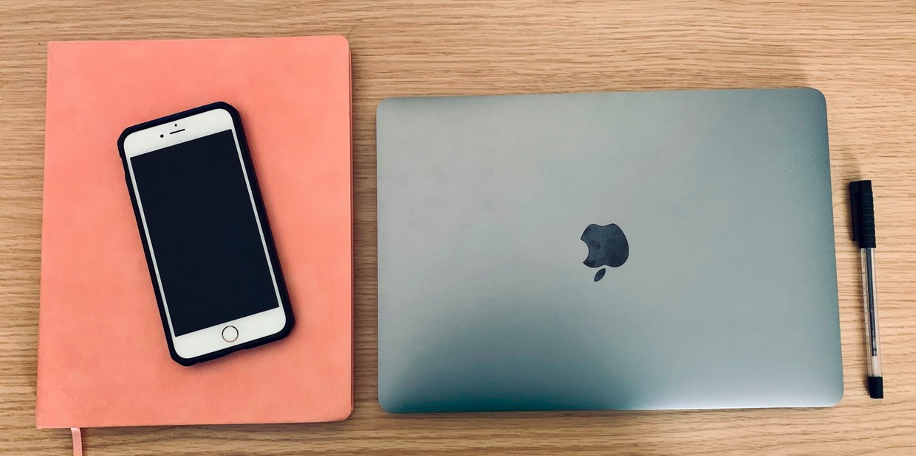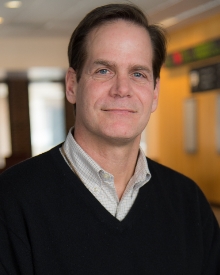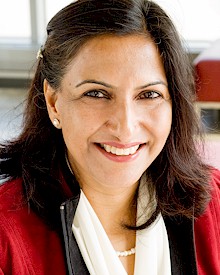This post was written by Prakriti Timsina ’20. Connect with her on LinkedIn.
Each month we have had Sustainable Innovation MBA (SI-MBA) Meetups where we, the current cohort, get to network and catch up with the SI-MBA alumni and professors. It was during one of the events where we often got asked how our cohort was handling the current COVID-19 situation. That prompted me to write this blog to share my educational experience during this unprecedented time.

Before I start off, I want to say that I understand that for many people, this has been a tough few months and that people are going through a lot. Often, when I listen to the news, it is heartbreaking to see everything going on in the world. Despite that, I try to be appreciative of the positive things in my life that keep me going. I am grateful and fortunate that the problems I am about to describe are minuscule and I’m happy to be safe and healthy and able to continue my master’s program without any major obstacles.
When the stay at home order first started, I was amazed that the SI-MBA faculty and staff were able swiftly to transition to online classes in a short amount of time, all while updating our cohort on what’s going on. Initially, we were using multiple platforms for our meetings and calendars—Microsoft teams for some classes and Zoom for others. For our class calendar, we were using both the Outlook Calendar and Google Calendar, which were sometimes out of sync with each other. Although that caused some confusion in the beginning, our class leaders were able to talk to the SI-MBA program directors and decided to use Zoom and Google Calendar, given the ease of use, familiarity, and performance.
Two of the challenges were figuring out how to work together remotely and trying to figure out how to present as a group. We went from having one group in module one to having four different groups in module four, and coordinating various groups was a challenge on its own. Given the complexity and our busy schedules, most of the time we tried to plan our school schedule in advance. If there was a conflict of schedule, we tried to be accommodating and understanding of our classmate’s situation. To get ready for our presentations, we met a few times via Zoom to complete the presentation and practice. During the practice session, we decided on who would share their screen and when to switch slides.
It’s hard to be productive when you are stuck in your home. I found that having a set routine to follow was really helpful. I also created a task list of things I had to accomplish each day. This may not be the case for everyone, but personally, it helped to get dressed for the day as if I was heading into Kalkin Hall. I know it’s extremely tempting to do your work from the coziness of your warm bed; however, I noticed I wasn’t as productive as I could be from it. I set up multiple workstations in my place that I could use during school hours. During this time, it’s easy to have our days blur in one, but It helped to switch rooms every so often. When the weather was warm and sunny, I attended my class outside.
Apart from my classes, there were a few activities I did to stay sane during this time. Every day, I made an effort to be active in some way, whether it was working out or joining in on online dance classes. We have had a few game nights and movie nights to de-stress, catch up, and see each other outside of the online class setting. A few times a week, I would check in with my friends to see how they were holding up.
Throughout this whole process, I admire SI-MBA’s willingness to continually adapt based on our feedback. Every week, we have zoom SI-MBA check-ins where program directors can share any relevant information, get market, and medical updates. This is also the time where we get to share any concerns and provide feedback on how to make this program better in this uncertain time. I want to thank the professors for their understanding and adaptability. It feels amazing to be part of a community where we have so much say and have the opportunity to have our voices heard.



